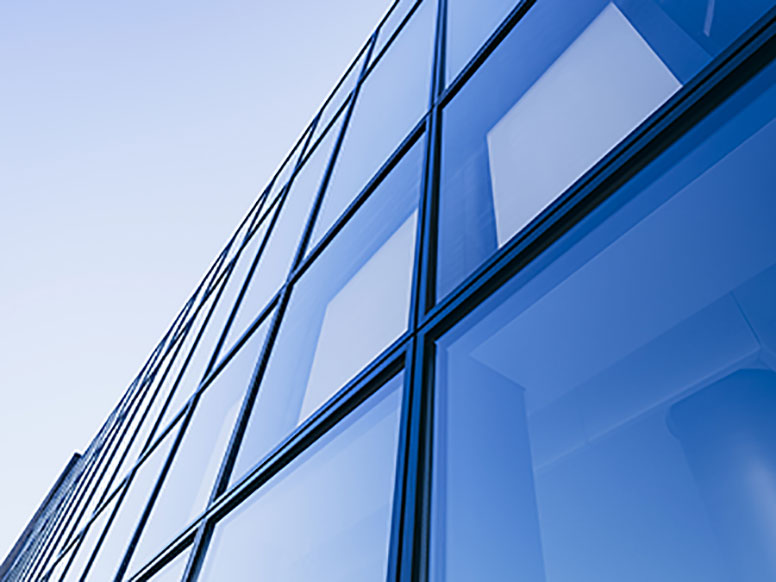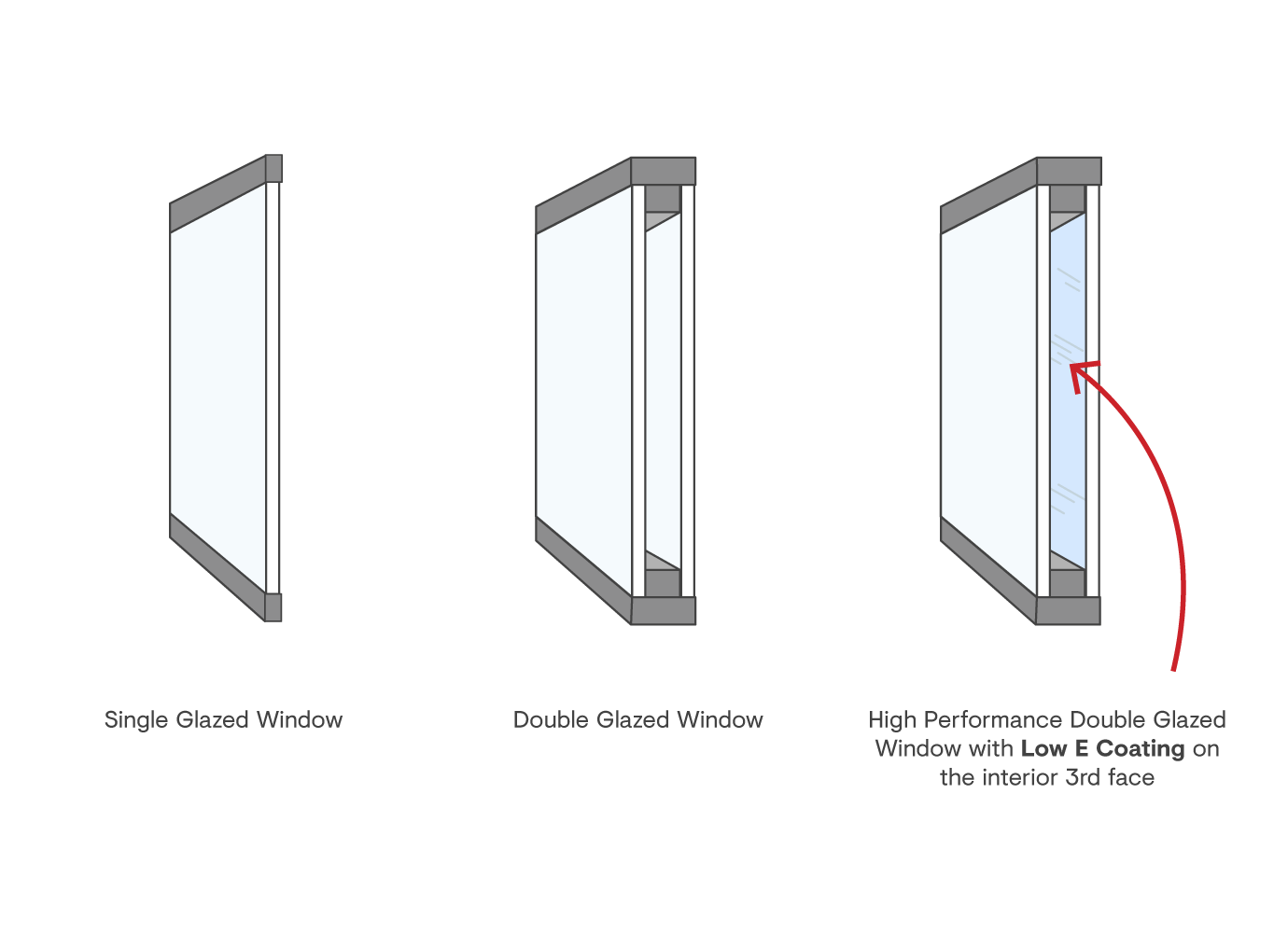All Categories
Featured
Table of Contents
Benefits Of Double Glazing Low-e in Woodbridge Western Australia
Laminated glass is often used in locations in the home most vulnerable to injury from human effect such as bathrooms, doors, around staircases and in locations near the floor (it meets the requirements of 'safety glass' that is mandated for usage in these locations by Australian Standard AS 1288 Glass in buildings).
Toughened glass has been 'tempered' by being reheated and rapidly cooled once again. This process makes it much stronger than standard glass it can withstand greater effect loads before breaking. It also makes it much safer since, when it does shatter, it burglarizes many small cubic pieces rather than dangerous shards.
Does Double Glazing Keep Heat Out in Koondoola WA
Toughened glass has no thermal or acoustic benefits over other glass of the exact same toning or density. Secondary glazing is where single-glazed windows are retrofitted with a transparent acrylic or glass sheet attached to the within the frame or openable sash with a secondary frame or with magnetic strips.


Secondary glazing will not carry out as well thermally as a manufactured IGU, given that it is difficult to completely seal the border, however it can provide good sound control. Window movies are a thin polymer film consisting of a soaking up color or reflective metal layer, with an adhesive backing. They stick to your glazing to alter its colour or make it reflective.
Improve Your Home's Energy Efficiency With Double Glazing in Daglish Perth
Applied to existing glass, some window movies can halve the overall SHGC of the window by absorbing and/or showing solar radiation. This can be particularly helpful in hotter climates where cooling is the main concern, or on east and west elevations straight exposed to long durations of sunshine. Window films might also decrease noticeable light transmittance.

For this factor, it is generally best to utilize a certified installer of window movie. Frames have a significant impact on the thermal performance of windows and doors, since energy can be gotten and lost through the frame, as well as through the glass. Different kinds of frame will allow different levels of heat gain and loss, so careful choice of frame is crucial for reliable passive style.
Which Is The Best Type Of Double Glazing? - Which? - Which.co.uk in Oldsbury WA
Aluminium is also a really excellent conductor of heat and will reduce the insulating worth of a glazing system, unless specifically crafted to decrease this. A 'thermally broken' frame is comprised of 2 aluminium sections linked by a structural insulator (normally a low-conductivity structural polymer). This 'breaks' the thermal connection through the aluminium and minimizes the heat streaming through the frame.
Wood frames are an excellent natural insulator that can match some home styles. Timber frames must be made from species that have naturally high sturdiness or be treated to avoid decay and deformation.
Which Type Of Double Glazed Window Frame Is Right For You? in Darlington WA
This can result in gaps that enable air seepage unless good draught sealing (weather removing) is installed. u, PVC is a kind of plastic (unplasticised polyvinyl chloride, likewise called rigid PVC). u, PVC frames offer exceptional thermal efficiency, often much better than timber or thermally broken aluminium. u, PVC is long lasting and needs very little upkeep, and can be moulded into complicated profiles that offer exceptional air seals.
u, PVC windows and doors have exceptional thermal performance Image: Ben Wrigley (Light Home Architecture and Science) Composite frames use aluminium profiles on the external areas with either a lumber or u, PVC inner area. These combine the low upkeep and toughness of aluminium with much improved thermal efficiency.
Table of Contents
Latest Posts
Buy Double Glazed Upvc Sliding Doors In Sydney in Bertram Perth
Does Double Glazing Reduce The Heat In Brisbane's Summer? in Darlington Perth
Double Glazed Windows Sydney in Merriwa Western Australia
More
Latest Posts
Buy Double Glazed Upvc Sliding Doors In Sydney in Bertram Perth
Does Double Glazing Reduce The Heat In Brisbane's Summer? in Darlington Perth
Double Glazed Windows Sydney in Merriwa Western Australia